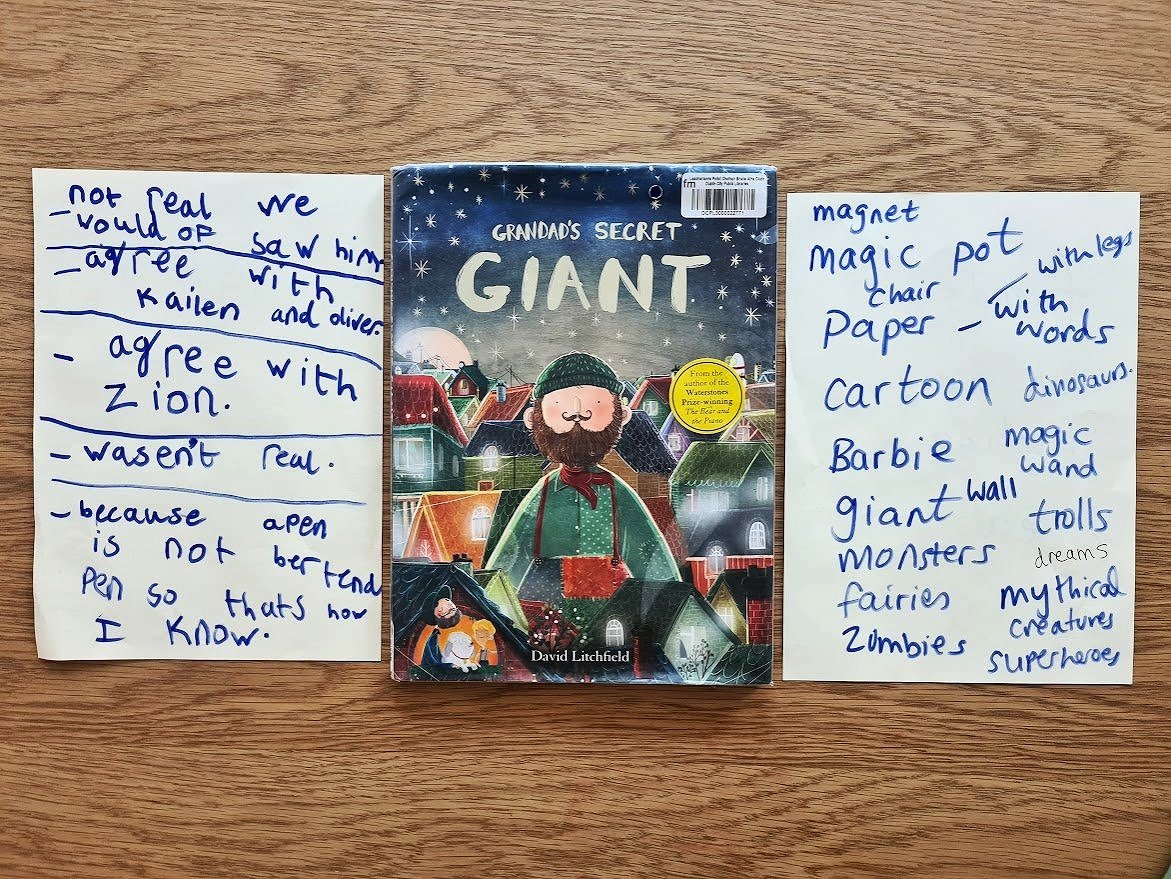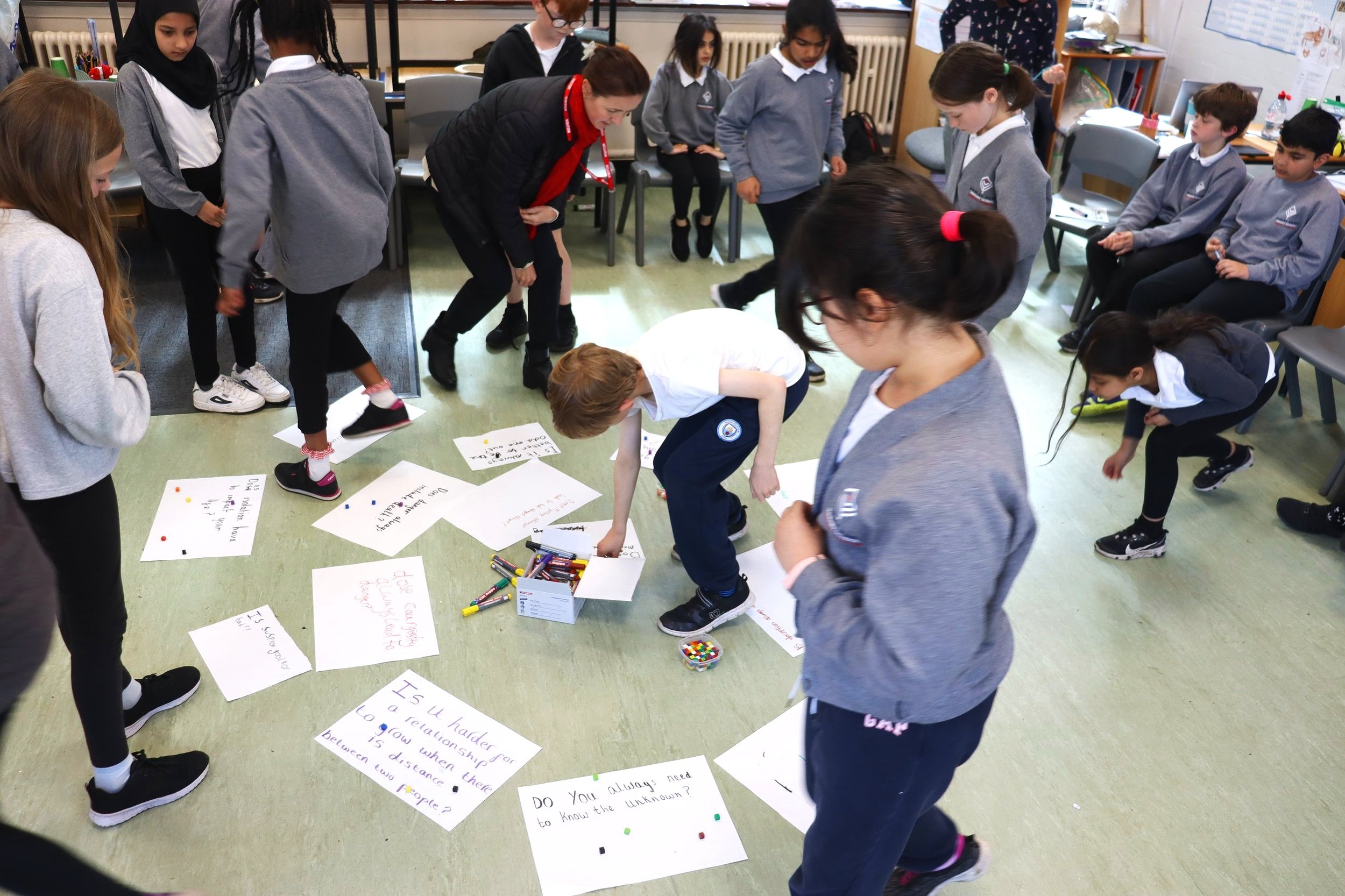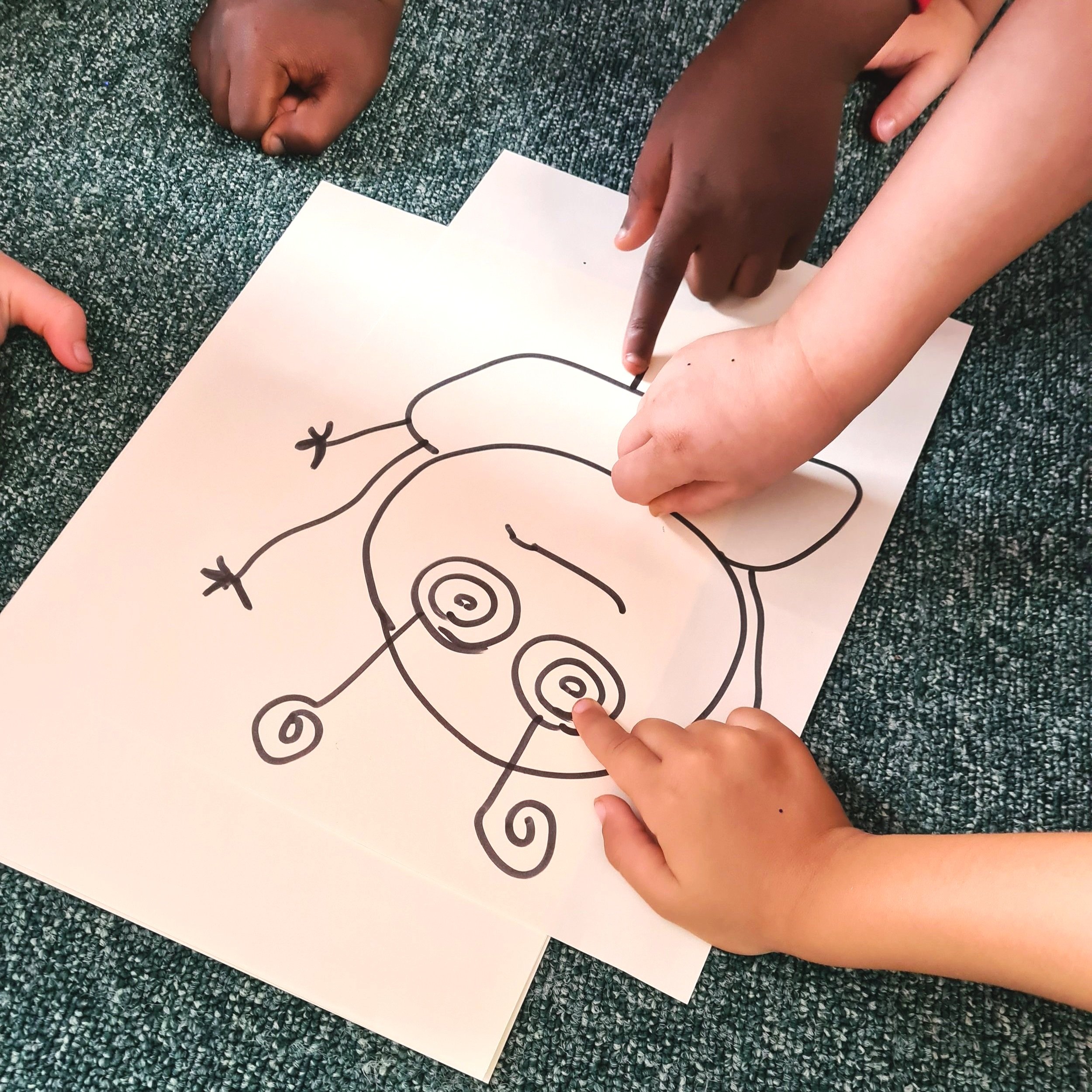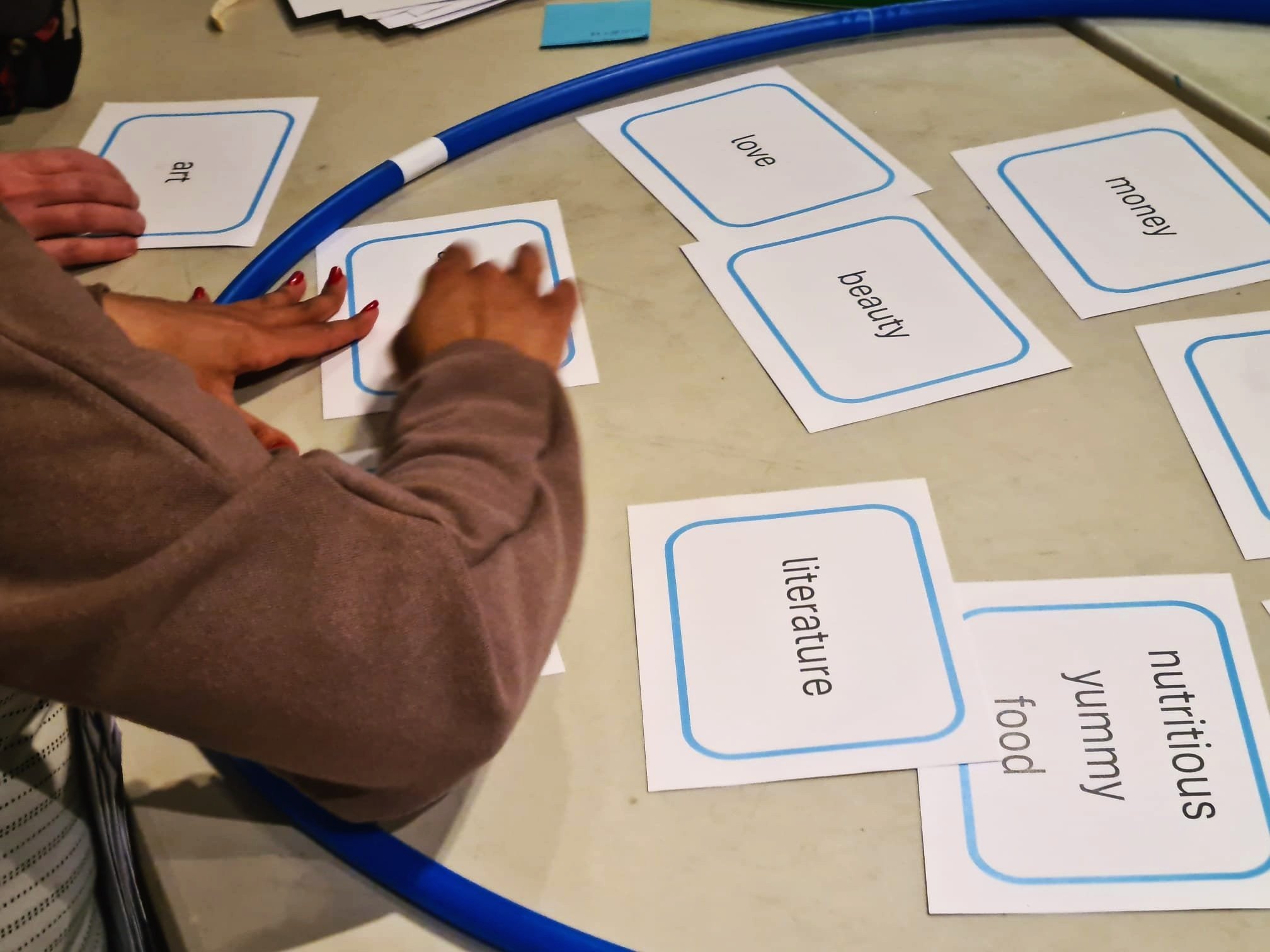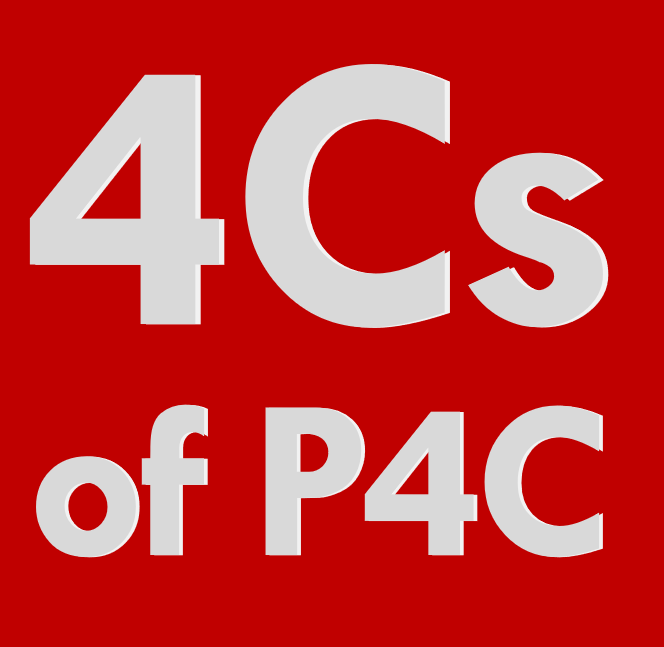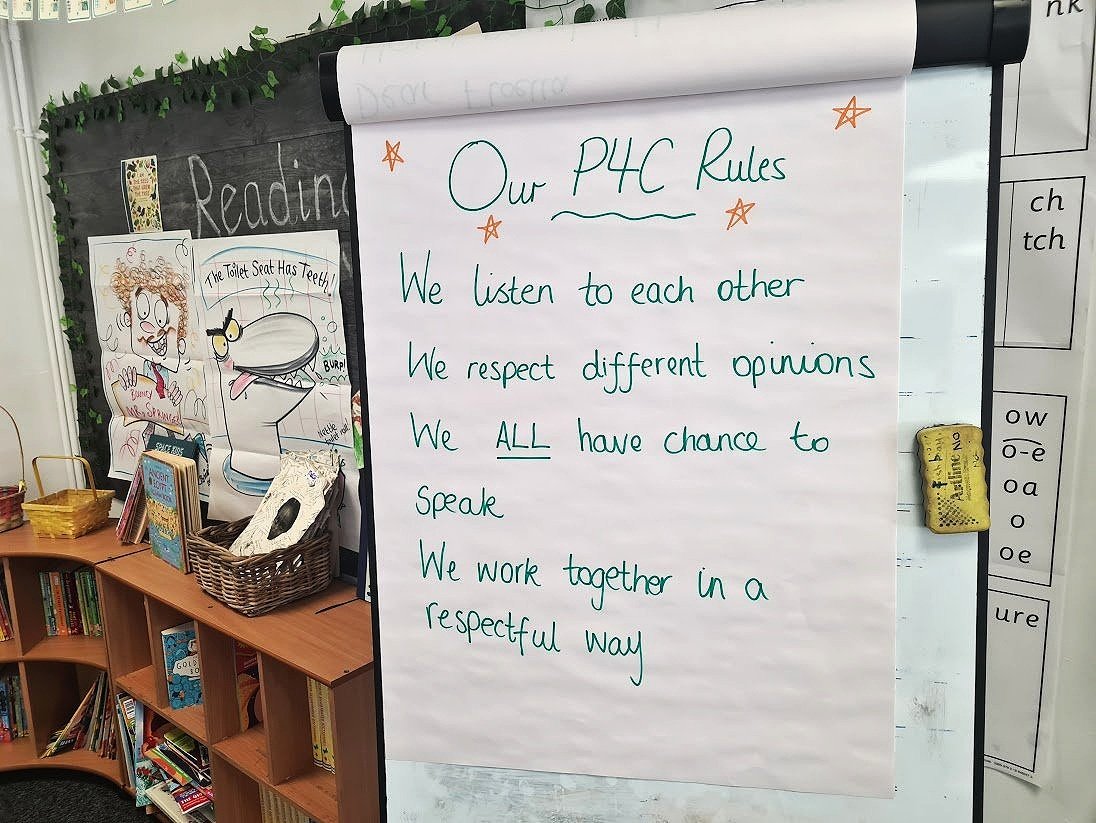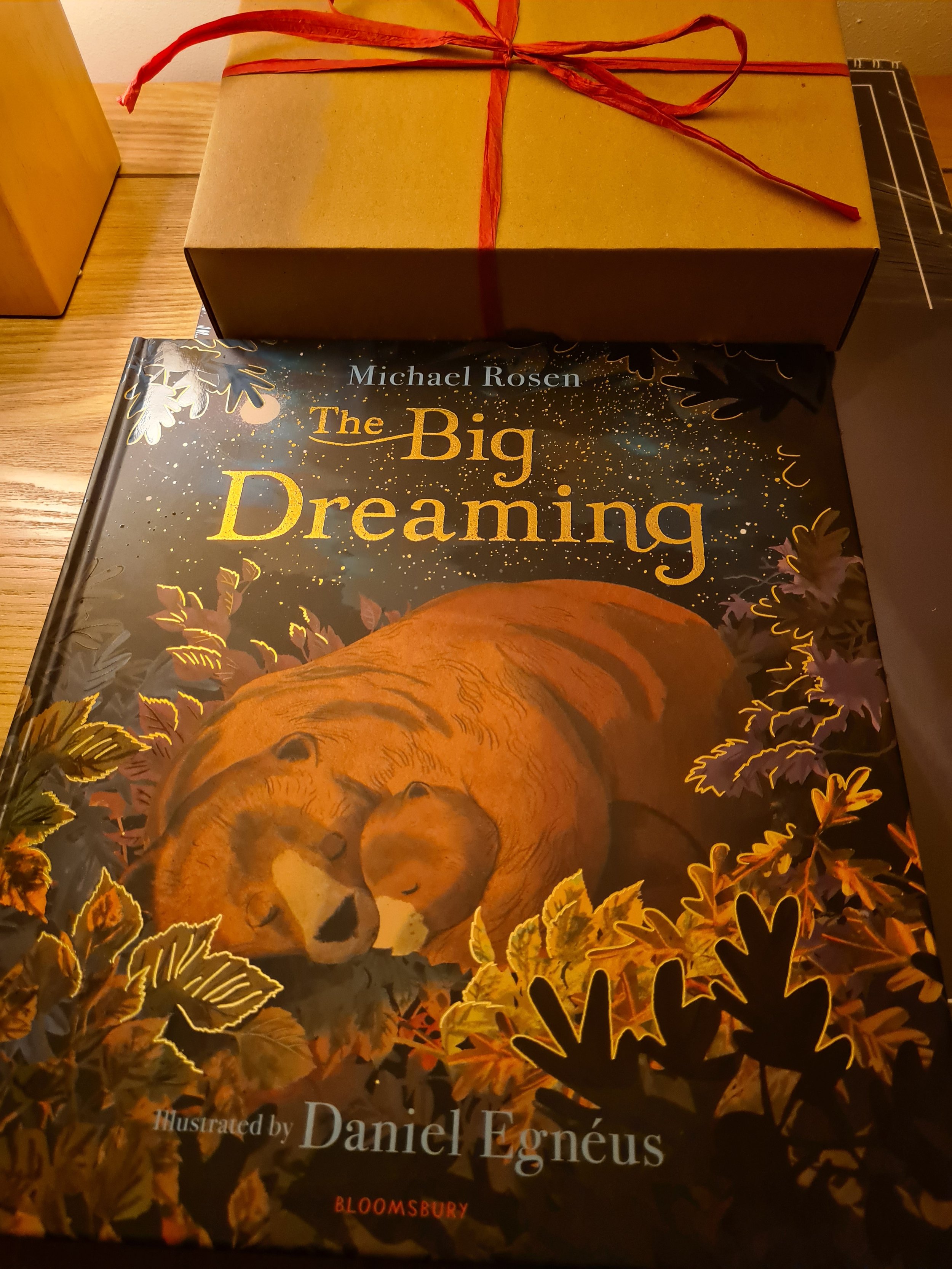You are not entitled to your opinion!
You are not entitled to your opinion. You are entitled to your informed opinion. No-one is entitled to be ignorant.
- Harlan Ellison, author
One great thing about enquiry-based learning approaches such as P4C is that they get children and young people thinking and talking about important issues. But what if their talk exposes misconceptions and knowledge gaps?
Just as in any lesson, it’s good to find out what students don’t know. And this must be addressed!
Of course, pupils will sometimes correct each other, indeed this is one of the benefits of dialogue, so do allow some space for this. But please don’t think it’s fine that pupils ‘lead the learning’ if they are leading it too far down a confused route.
If misconceptions emerge, either stop the philosophy and do some teaching of knowledge, or go back and teach the relevant facts afterwards – use your judgement about when is the right time. It may depend on whether the misconception is at the heart of the philosophical issue being discussed, or a peripheral matter.

I came up against this during a P4C enquiry using a video about lab-grown meat as the stimulus*. The class of 11 year-olds were very suspicious of the ‘lab-grown’ food, saying that scientists might add things to it, and these things could be bad for you. I quickly realised that the class had big knowledge gaps around food production, for example they weren’t aware that animal-based meat products may also contain additives!
Everybody is entitled to his own views. Everybody is not entitled to his own facts.
- James R. Schlesinger, politician
Would You Eat This Lab-Grown Chicken Nugget? Video stimulus from BBC Select
An example of using children’s wonderings to guide a philosophical discussion
Get your class thinking about fairness, teamwork, competition and more
Ways to keep everyone engaged and develop the community of enquiry
A detailed description including building, helping, sharing and working together
How to start a question, and think about whether or not it’s philosophical
How do they want to behave to become great 4C thinkers?

